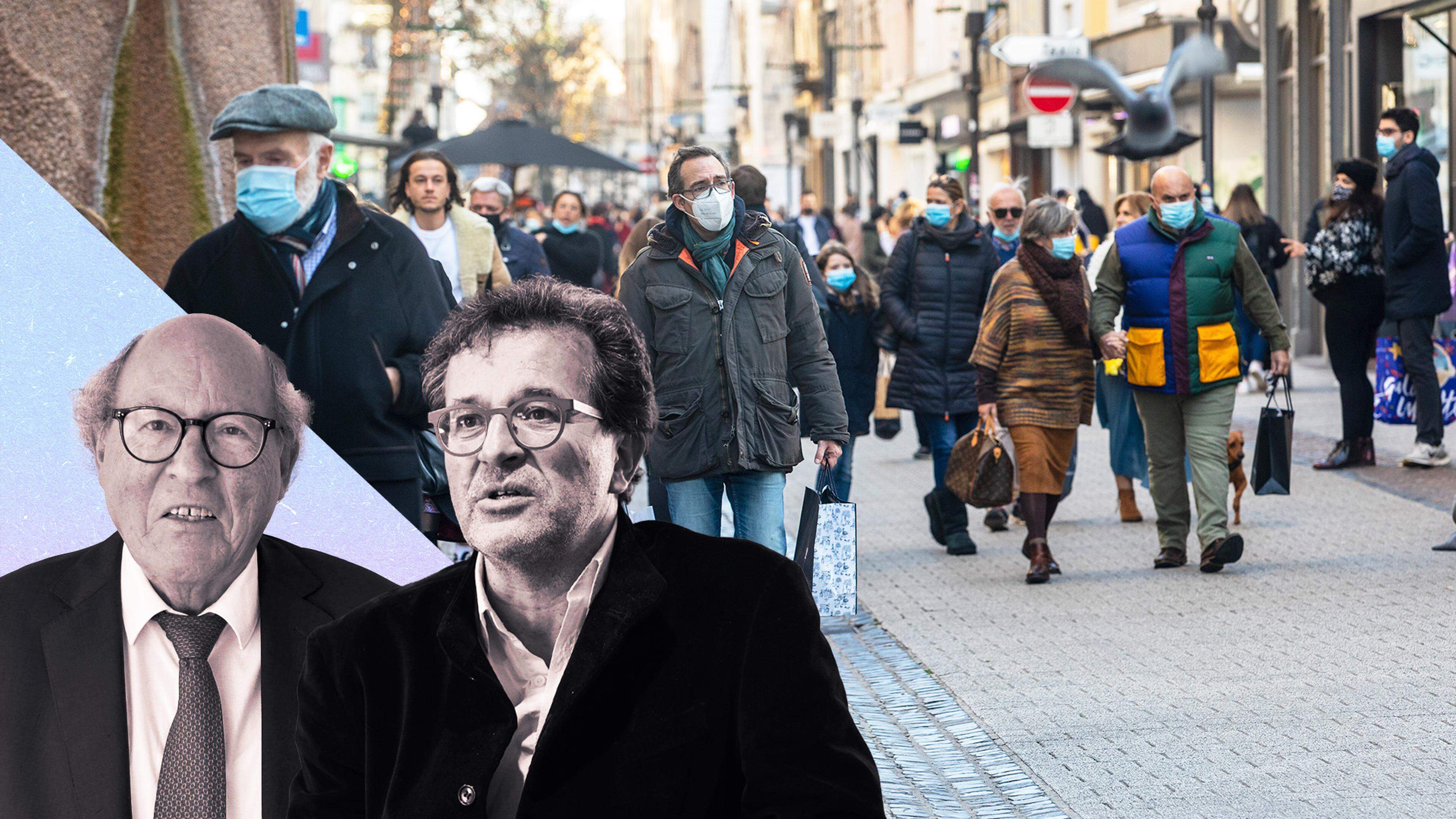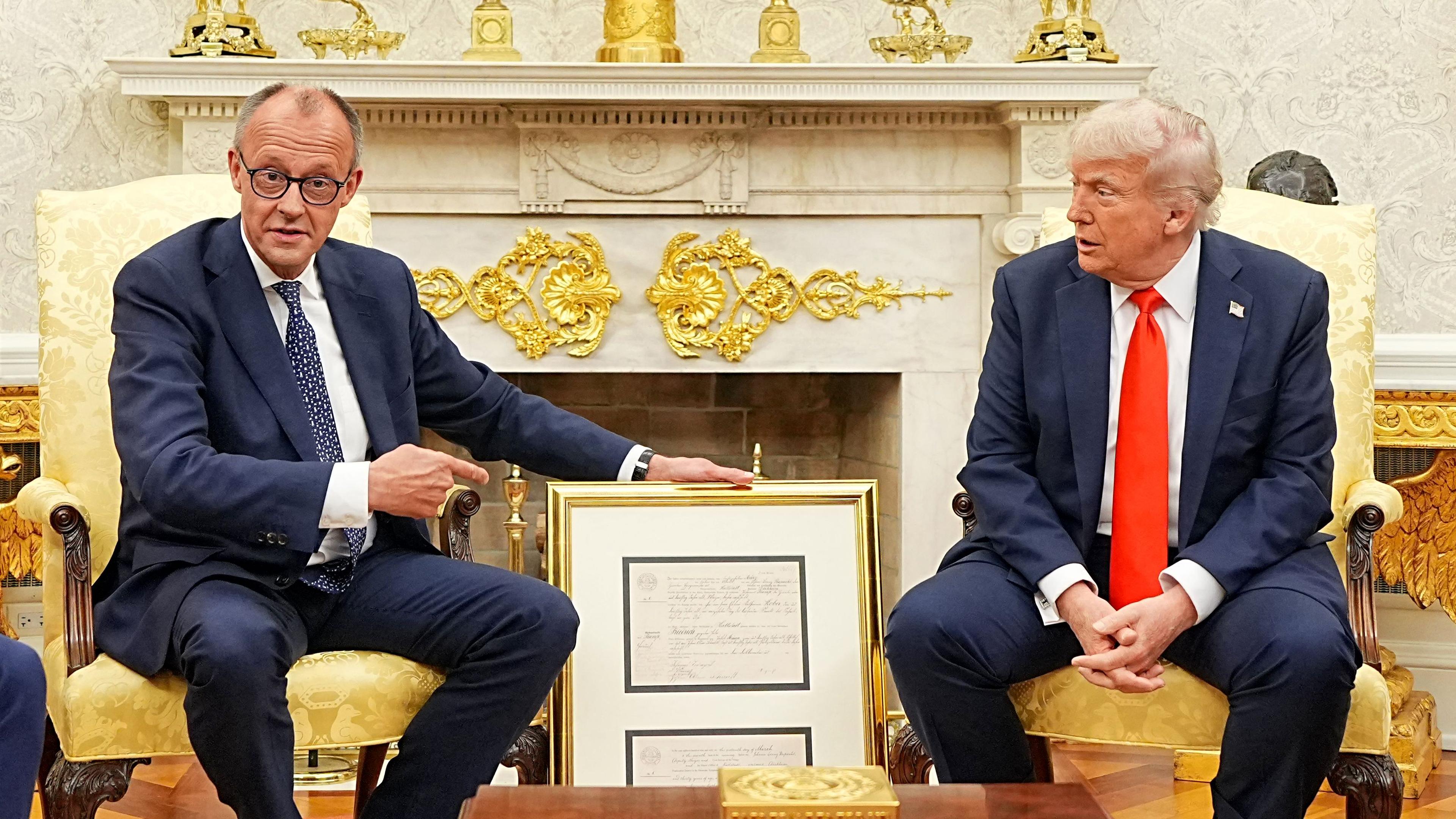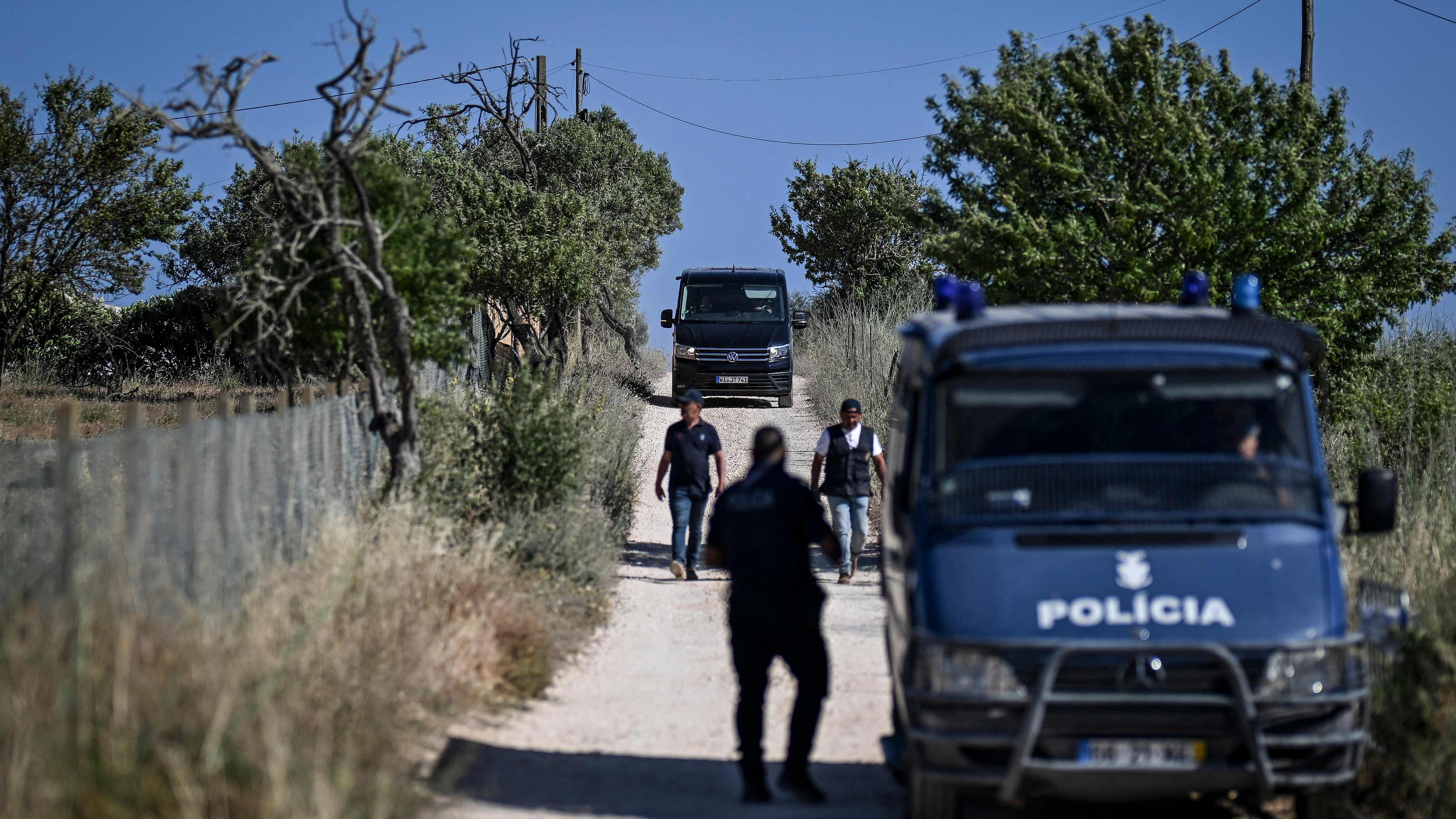Luxembourg and the EU weaken workers’ rights with « Business First »

Jean-Louis Zeien is General Secretary of Justice et Paix Luxembourg.
Jean-Paul Lehners is President of Justice et Paix Luxembourg.
What do the planned introduction of Sunday work in retail in Luxembourg and the so-called Omnibus proposal in common in common?
In Luxembourg, work and occupational safety are to be deregulated under the guise of competitiveness. On the one hand, Sunday work burdens numerous workers (from the border area) who have children and for whom it is difficult to reconcile their family life and their work in retail, an industry that tends to work.
At the EU level, the Omnibus proposal is also at the expense of working people in « our » supply chains, because for those who became victims of human rights violations, access to the judiciary, which should finally be guaranteed after years of disputes about the EU Lief Chain Act-should be reversed in significant parts before it could be effective. The keyword here is also competitiveness.
Why the EU compromise for more traffic safety does not go far enough
Under the pressure of economic actors, deregulation is now booming. As few rules as possible should apply in the world of work. A mentality of the « Business First » is increasingly grabbing itself, nationally and across the EU.
Omnibus and Sunday work – « Business First » dominates
Corresponding reactions were not long in coming.
Keyword Sunday work: In Luxembourg, for example The former Prime Minister and EU Commission President in the press generally spoke out against Sunday work And from cultural, sports organizational and sociopolitical reasons, appeals to bring “peace and quiet into society”. He asked his party to stick to the « S » in their name.
Jean-Claude Juncker had spoken out against Sunday work in the media-his party is currently putting pressure on the measure. Photo: Julian Stratenschulte/dpa
Keyword deregulation by omnibus: At EU levels, unions, NGOs and religious communities protest against impunity and deregulation in the supply chains at the expense of people working there and especially the victims of human rights violations by companies and oppose this disastrous proportion of a deregulating EU Commission.
The current prime minister repeatedly speaks of competitiveness, so that the « Business First »- Mantra solidifies. In addition, he then speaks of the values we have to hold up. What values should it be about?
Why politics resists the CO₂ tax
The value of the work
The Christian idea of work requires crumporary working conditions and a decent income with which even in a globalized world all workers can eat and their families can eat or satisfy basic needs. It underlines the hope that the work we do is not just a small part of a huge work machine that provides earthly goods and services, but also has a value and meaning that points far beyond.
So underlines the Catholic social teaching (1) to workthat this is an expression of the dignity of the human person and that work serves the common good. In this sense, work is also regarded in their spiritual dimension as a contribution to the divine creation work. This is contrary to an ideology that puts the economy in the first place. In view of the endangered creation, the encyclical Laudato Si emphasizes that the concern for people and creation or their care must shape any work.
Under the pressure of economic actors, deregulation is now booming.
The work is not the only fundamental dimension of life, but one that coexists with other aspects such as family, leisure, sport and spirituality. This can be used as an opportunity to give the quality of the work the priority of quantity. The Christian community can play a crucial role in conveying people the importance of work and their connection with the spiritual dimension of life.
In this way, the social and cultural change of work can offer hope that is in line with the Christian tradition, which has emphasized the change between the time of work (weekday) and the time of the festival (holiday) for centuries. It is much more than Sunday going to the service. It’s about one « Healing interruption » (2) (Hermann Barth).
That is why Christian communities also have to remember that: people do not live on the bread alone. In this sense, people do not live from competitiveness alone. This does not justify at any cost. The pressure is currently being created by the fact that more and more purely economic reasons for deregulating are being cited.
How an EU regulation cocoa producers makes life difficult
In addition: in addition to the key principle that people are not only to be regarded as « work units » and that « work is there for people and not man for work » is of course also required to ensure existence. In addition to the change in the world of work, the challenges that are tackled, as mentioned above, are both in Luxembourg and at the EU level.
Politics and business are required
Sunday work, Working Poor (The risk of poverty of the employed is rose from 13.5 percent to 14.7 percent in 2023 (3)) And cases of forced labor are challenges that politics and business have to face in Luxembourg.
Justice et Paix Luxembourg points out that social dialogue has suffered very much in recent months. Participation and consultation with those affected did not take place, especially when it comes to the over -fallen introduction of Sunday work.
It is important not to make the same mistakes that are currently being made by the Commission in terms of human rights and the environment after hearing predominantly multinational companies: proposal for deregulation by bus without public consultation, without hearing the victims of human rights violations, no impact study on possible effects of the legal changes.
People must not be degraded into a work unit, neither nationally nor the EU.
People must not be degraded into a work unit, neither nationally nor the EU. This demand in accordance with the Catholic social teaching must also apply to the majority party CSV, which still bears a C and an S in its name. Both majority parties of the Luxembourg government are required here, since the EU Commission is already risking under the irresponsible pressure of the Trump administration to continue to see a deregulation spiral that can also get fatal effects on the world of work.
How the increase in sea levels threatens humanity
With other challenges such as forced labor, it is important to take appropriate sanctions, because exploitation must not be worthwhile in this country either. Working with an existential income and secure working conditions are not only a part of the dignity of humans, but also a human right, in this country and also worldwide for the people who work in our supply chains. In view of the great deregulation that the EU Commission has provided with its Omnibus proposal, the Luxembourg government must confess color internationally here.
Source directory
(1) https://justicandpeace-org-au.translate.goog/catholic-social-teaching-on-work/
(2) https://www.ekd.de/20030.htm
(3) https://www.wort.lu/politik/arm-trotz-luxemburg-erreicht-neuen-hoechtstand/14150184.html






